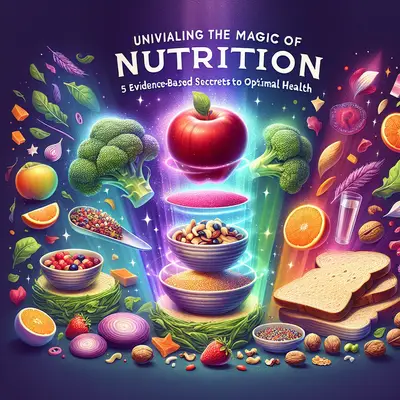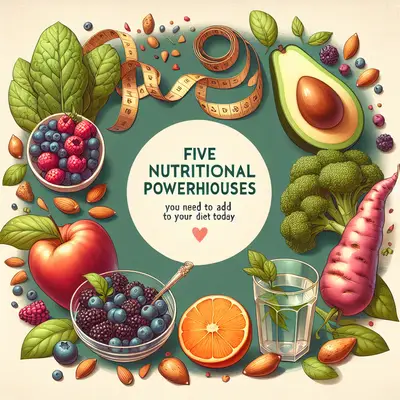1. Probiotics
Probiotics have been the buzzword in the health industry for a while now, and for good reason. These beneficial bacteria, found in fermented foods and supplements, play a pivotal role in maintaining gut health, which is closely linked to overall wellbeing[^1^]. A healthy gut can aid digestion, boost the immune system, and even improve mental health.
2. Omega-3 Fatty Acids
Omega-3 fatty acids are essential fats that our bodies cannot produce. They are crucial for brain health, and research shows they may reduce inflammation and lower risk of chronic diseases, such as heart disease[^2^]. While they are found in fatty fish, some people may struggle to get enough from diet alone, making supplements a valuable addition.
3. Vitamin D
Often dubbed the "sunshine vitamin", Vitamin D is crucial for bone health as it aids calcium absorption. People living in areas with little sunlight, or those who spend most of their time indoors, may not get enough of this essential vitamin, making supplementation necessary[^3^].
4. Magnesium
Magnesium is a key mineral that supports a wide range of bodily functions, including muscle and nerve function, blood sugar control, and blood pressure regulation[^4^]. Despite its importance, studies suggest that up to 50% of people in the US and Europe get less than the recommended daily amount of magnesium.
5. Curcumin
Curcumin, the active ingredient in turmeric, has been used in traditional medicine for centuries. Modern science now confirms its potent anti-inflammatory and antioxidant effects, which can combat many diseases at the molecular level[^5^].
Conclusion
While these supplements offer numerous health benefits, it's essential to remember that they are not a substitute for a balanced diet and healthy lifestyle. Always consult with a healthcare professional before introducing any new supplements into your regimen. With the right guidance and balance, these supplements could be the supercharge your health routine needs in 2025.
[^1^]: Hill C, Guarner F, Reid G, et al. "Expert consensus document. The International Scientific Association for Probiotics and Prebiotics consensus statement on the scope and appropriate use of the term probiotic." Nat Rev Gastroenterol Hepatol. 2014
[^2^]: Calder PC. "Omega-3 fatty acids and inflammatory processes: from molecules to man." Biochem Soc Trans. 2017
[^3^]: Holick MF. "Vitamin D deficiency." N Engl J Med. 2007
[^4^]: Volpe SL. "Magnesium in disease prevention and overall health." Adv Nutr. 2013
[^5^]: Jurenka JS. "Anti-inflammatory properties of curcumin, a major constituent of Curcuma longa: a review of preclinical and clinical research." Altern Med Rev. 2009



